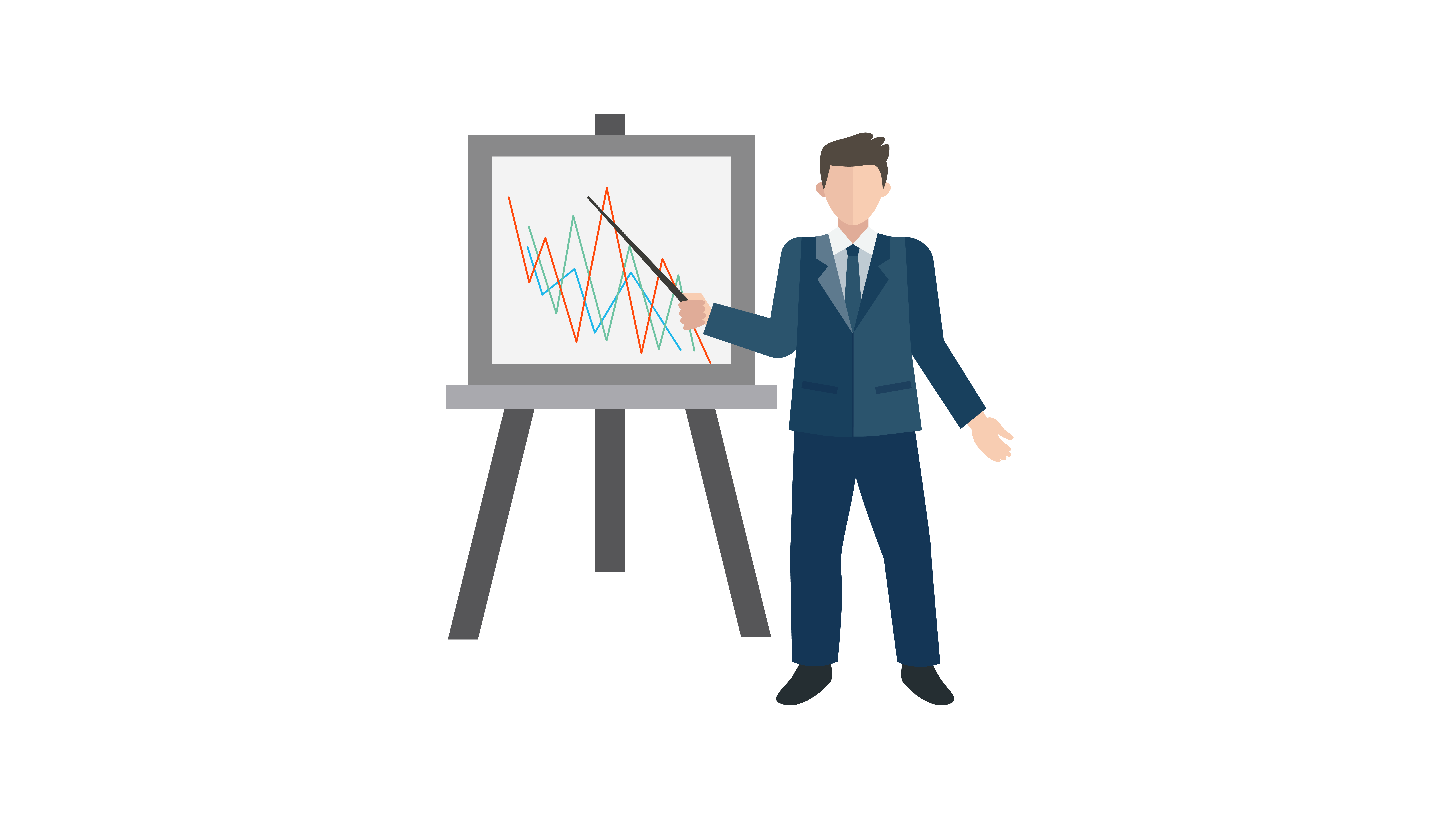All Categories
Featured
Customer data platforms (CDPs) are a vital instrument for modern businesses that want to gather, store, and manage the customer's information in one central location. They provide a more accurate and complete picture of the customer which can be used to create targeted marketing and personalised customer experience. CDPs provide a variety of features, including data management, data quality and data formatting. This allows customers to be compliant with regards to how data is stored, used and used. A CDP can help companies connect with customers and put them at the center of their marketing initiatives. It also allows you to pull data from other APIs. This article will discuss the benefits of CDPs for organizations.
marketing cdp
Understanding CDPs: A client data platform (CDP) is a software that allows companies to collect data, store and manage the customer's information in one central place. This provides a more precise and complete picture of the customer, which can be used for targeted marketing and personalized customer experiences.
-
Data Governance The most significant characteristics of a CDP is its capacity to classify, protect and regulate information in the process of being incorporated. This can include profiling, division and cleansing on the incoming data. This ensures compliance with data regulations and policies.
-
Quality of the Data: It's crucial that CDPs make sure that the information they collect is high-quality. This means ensuring that the data is properly entered and that it meets the desired specifications for quality. This helps to minimize additional costs for cleaning, transforming, and storage.
-
Data formatting is a CDP can also ensure that data conforms to a predefined format. This allows data types like dates to be matched to customer data, and also ensures consistency and logic in data entry. consumer data platform
-
Data Segmentation: The CDP allows you to segment customer data to better understand the different customers. This allows you to test different groups against each other and obtain the most appropriate sample distribution.
-
Compliance The CDP lets organizations handle customer data in a legally compliant way. It allows you to specify safe policies and classify information in accordance with them. It can also help you identify any violations of the policy when making decisions about marketing.
-
Platform Selection: There are many kinds of CDPs to choose from which is why it is essential to understand your use case in order to select the appropriate platform. This involves considering options like data privacy , as well as the ability to pull data from various APIs. cdp customer data platform
-
The Customer at the center: A CDP allows the integration of real-time data about customers. This allows for immediate accuracy of precision, accuracy, and unison that every marketing department needs to increase efficiency and connect with customers.
-
Chat billing, Chat When you use the help of a CDP It's easy to gain the background that you require for a successful discussion, regardless of previous chats or billing.
-
CMOs and big Data: 61% of CMOs believe they're not making use of enough big data, according to the CMO Council. A CDP can aid in overcoming this by offering a 360 degree view of the client and allowing for more effective utilization of data for marketing and customer engagement.
With a lot of different kinds of marketing innovation out there each one typically with its own three-letter acronym you may wonder where CDPs come from. Even though CDPs are amongst today's most popular marketing tools, they're not a totally originality. Rather, they're the current step in the advancement of how online marketers handle consumer data and consumer relationships (Customer Data Platform Cdp).

For the majority of marketers, the single most significant worth of a CDP is its capability to section audiences. With the abilities of a CDP, marketers can see how a single customer interacts with their business's various brands, and identify chances for increased customization and cross-selling. Naturally, there's far more to a CDP than division.
Beyond audience division, there are three big reasons that your business may want a CDP: suppression, customization, and insights. Among the most interesting things online marketers can do with information is identify consumers to not target. This is called suppression, and it becomes part of delivering genuinely customized consumer journeys (What is a Cdp). When a consumer's unified profile in your CDP includes their marketing and purchase information, you can reduce advertisements to clients who've currently bought.

With a view of every consumer's marketing interactions linked to ecommerce data, site sees, and more, everybody across marketing, sales, service, and all your other teams has the chance to understand more about each customer and provide more customized, relevant engagement. CDPs can help online marketers resolve the root triggers of a lot of their greatest everyday marketing issues (Customer Data Platform).
When your information is detached, it's harder to understand your clients and create meaningful connections with them. As the variety of information sources used by online marketers continues to increase, it's more crucial than ever to have a CDP as a single source of reality to bring everything together.
An engagement CDP uses consumer data to power real-time personalization and engagement for clients on digital platforms, such as sites and mobile apps. Insights CDPs and engagement CDPs make up the bulk of the CDP market today. Extremely few CDPs consist of both of these functions equally. To select a CDP, your business's stakeholders ought to think about whether an insights CDP or an engagement CDP would be best for your needs, and research study the couple of CDP choices that consist of both. What Are Cdps.
Redpoint GlobalLatest Posts
The Role of CDPs in Combining Data from Multiple Sources
Creating a 360-degree View of the Customer with a CDP
CDPs and the Role of Data Governance in Reducing Risk